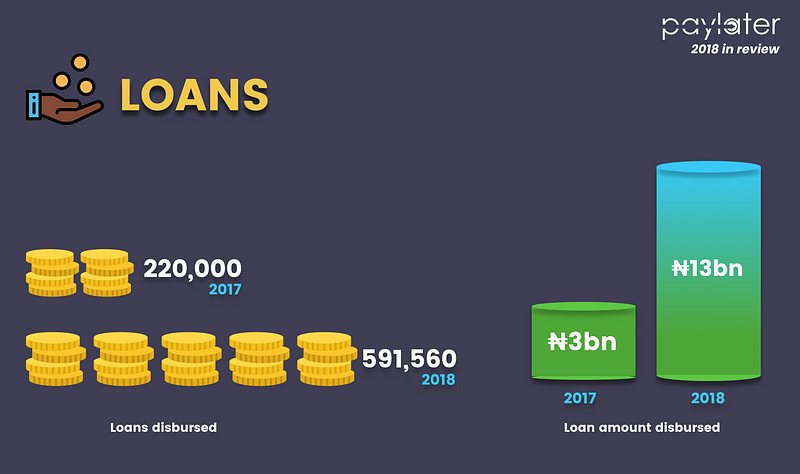In a fight against predatory loan apps, Google has banned several of such mobile apps from PlayStore, in the US. The affected personal loan apps tagged ‘deceptive or harmful’, had an annual interest rate of 36 percent or higher.
In August, Google published a set of new rules, in a move to keep its users safe from the predatory loan apps that were beginning to multiply on its store.
These predatory loan apps did not only take advantage of borrowers using high interest rates, many offered short-term loans (that require repayment in 30-60 days). This made it easier for them to get away with heavy fees.
Following the release of the new rules, Google gave a 30 day window for lenders to adjust their products and business models to meet the new requirements or be pulled out.
And now, Google has implemented these rules, prohibiting apps with an Annual Percentage Rate (APR) of 36% or higher in the US.
Although this decision currently only applies to apps in the US, it does raise the question of what happens if this move is extended to Nigeria.
Since last year, there has been a massive rise in the number of these “quick loan services”. You can hardly go a day online without having their adverts pushed in your face. And their numbers show massive patronage too, largely because of their promises of loans within minutes and ‘no-documentation’ for small traders and individuals.
This is often seen as a better alternative to the rigorous processing you have to undergo to secure a loan from traditional banks – especially for the unbanked/underbanked set.


But under this guise, many of these digital microlenders/personal loan apps have enforced predatory interest rates and fees with some offering as much as 30% monthly interest rate. But there has been no crackdown by regulators because however ethically shaky it might seem, it is legal.
So unless there’s a full proof plan to crackdown on defaulters in Nigeria (or Africa as a whole), it is quite unclear that the rule will be applied over here.
It might not really affect these lender apps that get pulled out of PlayStore as such. They will only need to provide alternatives for their Android users to sideload the apps from their sites or let users access their services from the sites.






